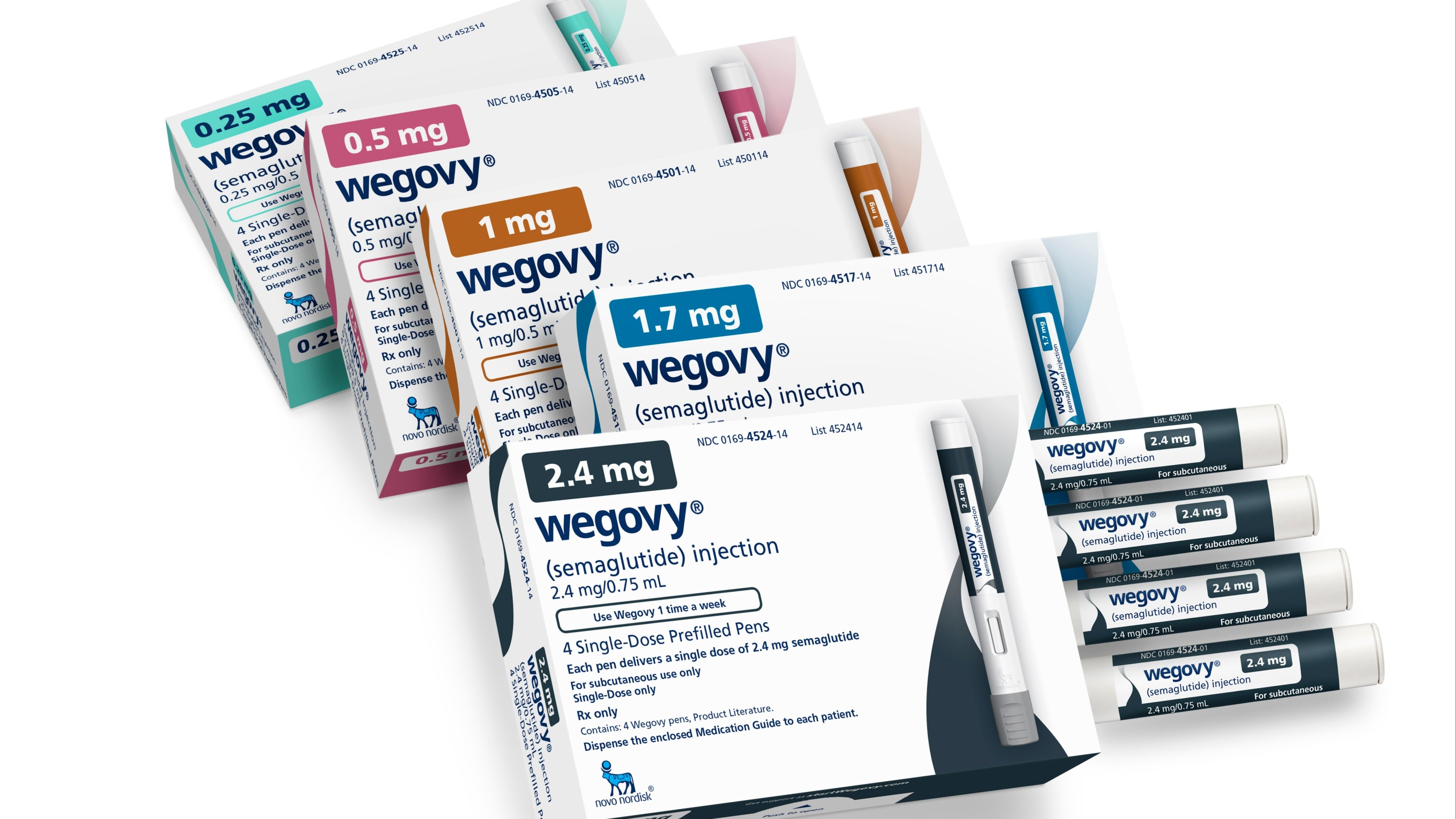Dina Fine Maron, health & science editor at Scientific American, discusses the breakthrough that could help doctors diagnose mental illnesses. Stem cells have enabled researchers to see how lithium affects the brain.
Researchers are converting patients skin cells into brain cells through genetic instruction. This allows them to look at the brain cells of a person with bipolar disorder and better understand how to treat it.
Maron explains this breakthrough will allow doctors to customize a patient's treatment plan, instead of giving them the same treatment given to everyone. Maron says the hope is one day researchers will be able to expose a patient's cells to a particular drug and see how they react before prescribing the drug to an actual patient.
A SpaceX-NASA mission that was due to launch into orbit Friday was called off and delayed until Saturday.
Diabetes and weight-loss drug Wegovy is shown to help people with a heart condition, according to a new study.
Cheddar News checks in with a coast-to-coast forecast of the weather for Friday, Aug. 25, 2023.
A Jersey Shore man has painted sea shells -- nearly 500 of them -- to raise awareness around epilepsy that have traveled as far as Asia and Australia.
The International Fund for Animal Welfare, which protects animals worldwide, is opening a first-of-its-kind short-term dolphin hospital on Cape Cod this month that it hopes will not only improve survivability rates, but also enhance the research it has developed over 25 years.
A new humanoid robot designed to do dull and dirty jobs has been unveiled by NASA.
The Mercury retrograde lasts until Sept. 15 as astrologers blame planets and stars for communications issues.
A new study suggests that teaching kids creativity can increase resilience.
A new study shows that marketers may be overstating fish oil benefits.
The Food and Drug Administration issued a warning about two brands of eye drops being sold online that they both have potential fungal and bacterial contamination.












